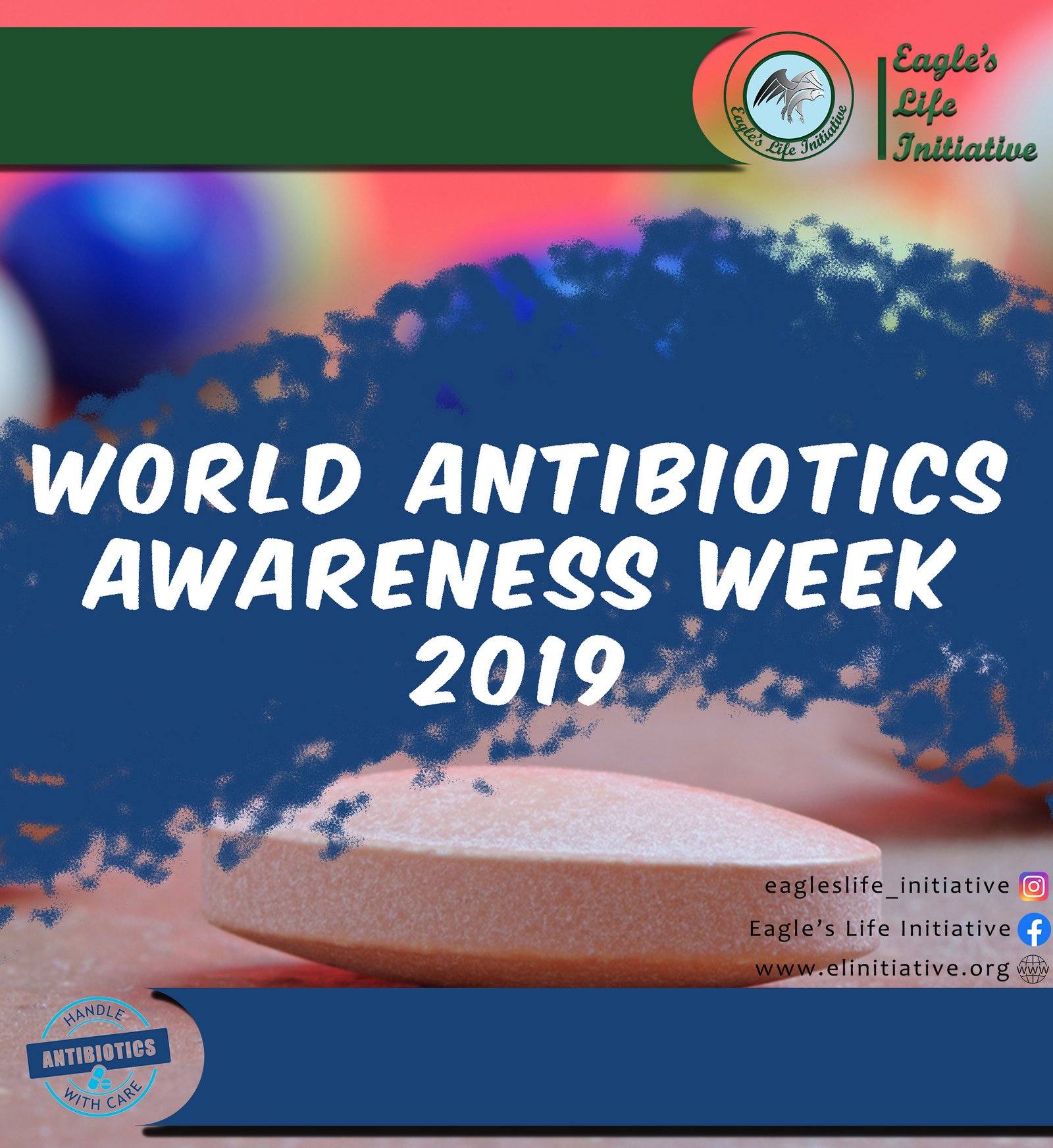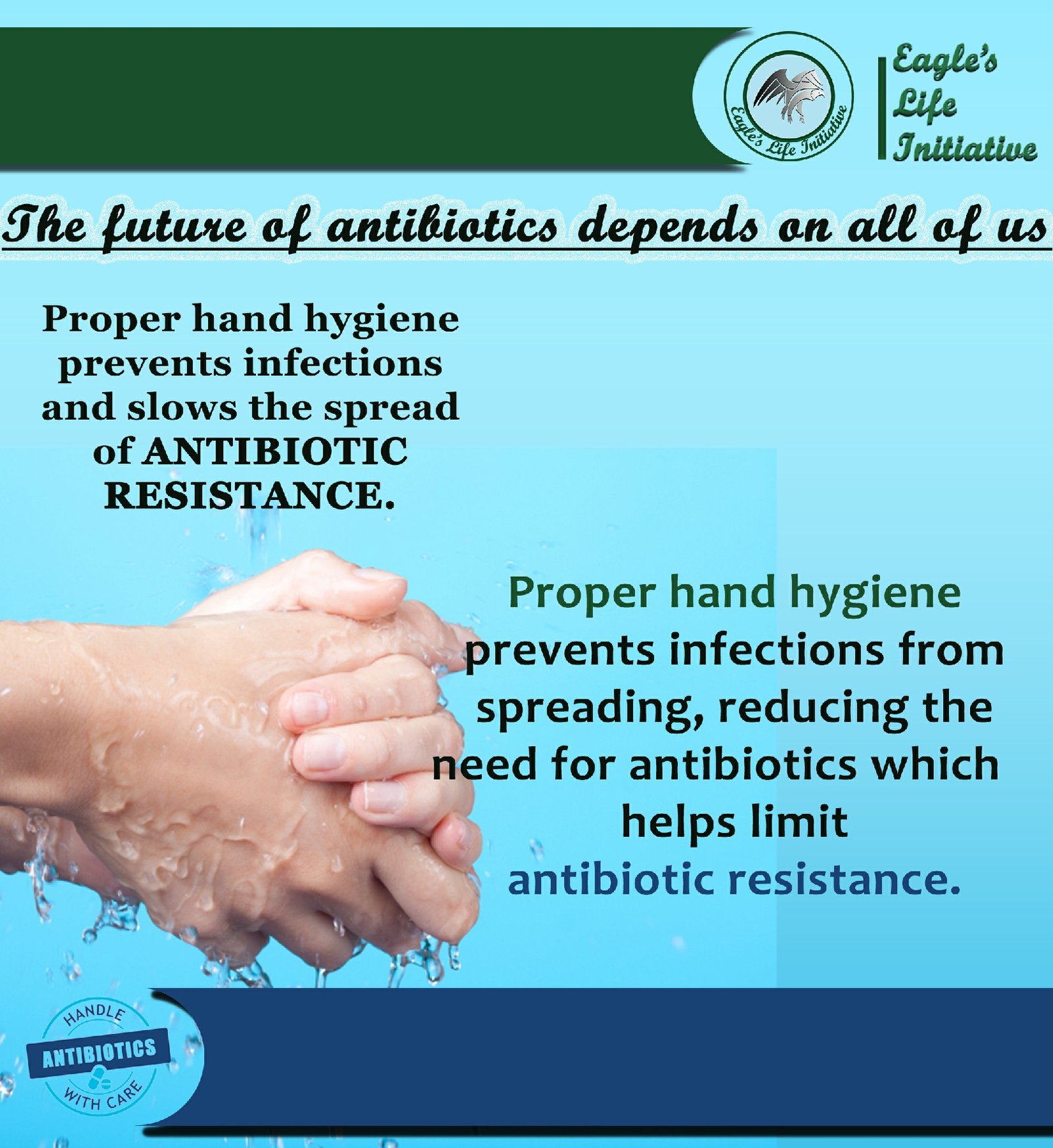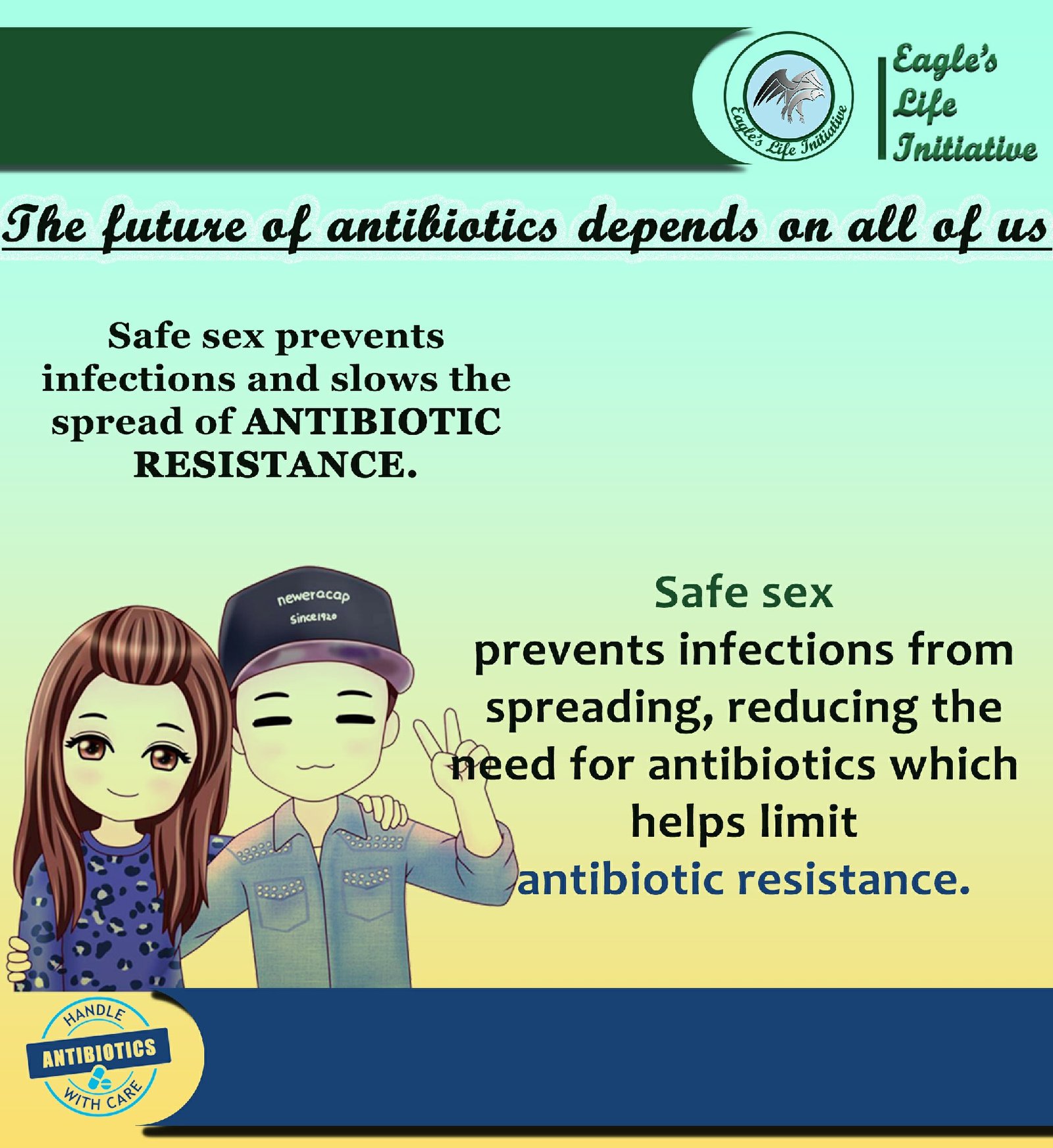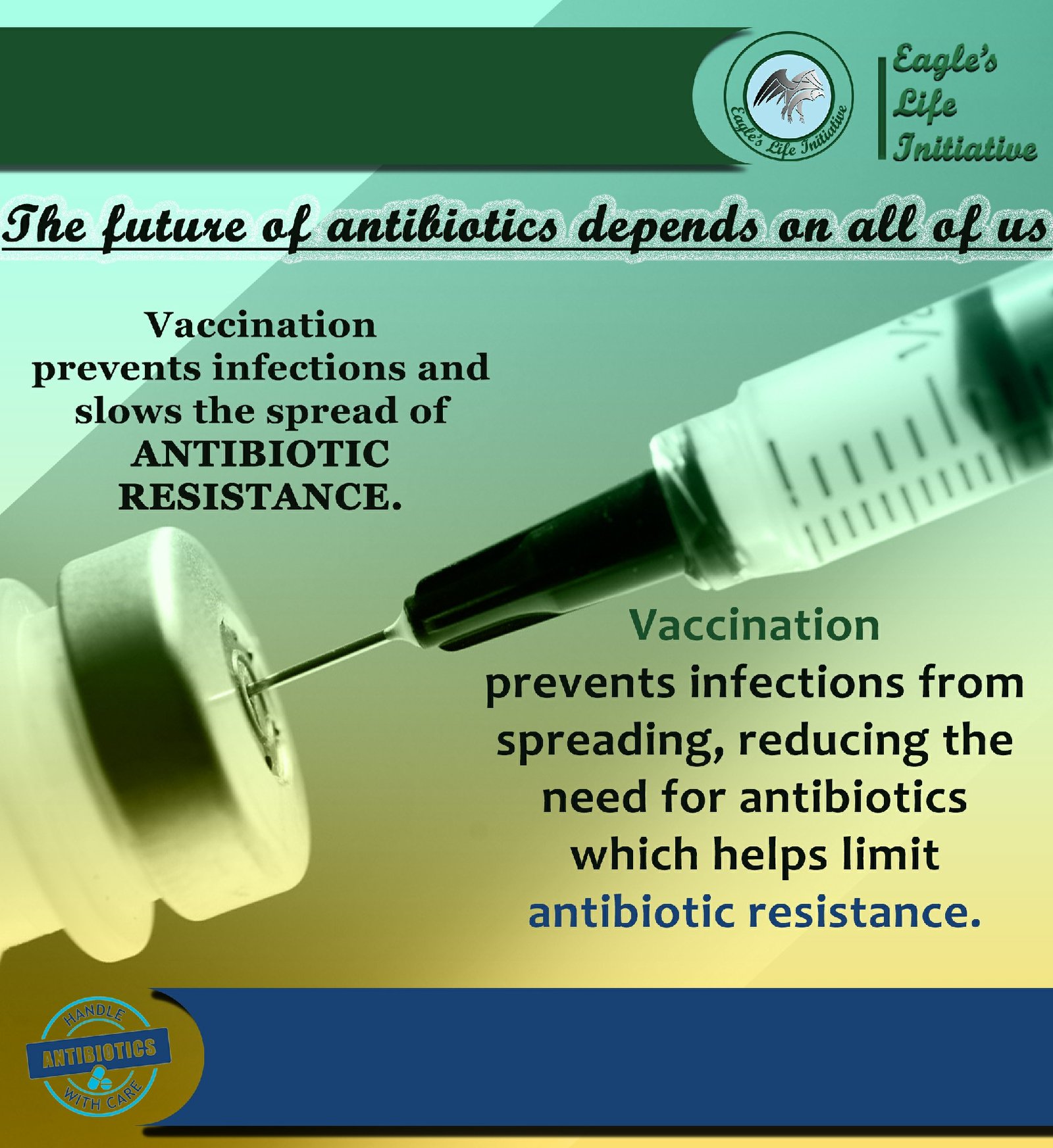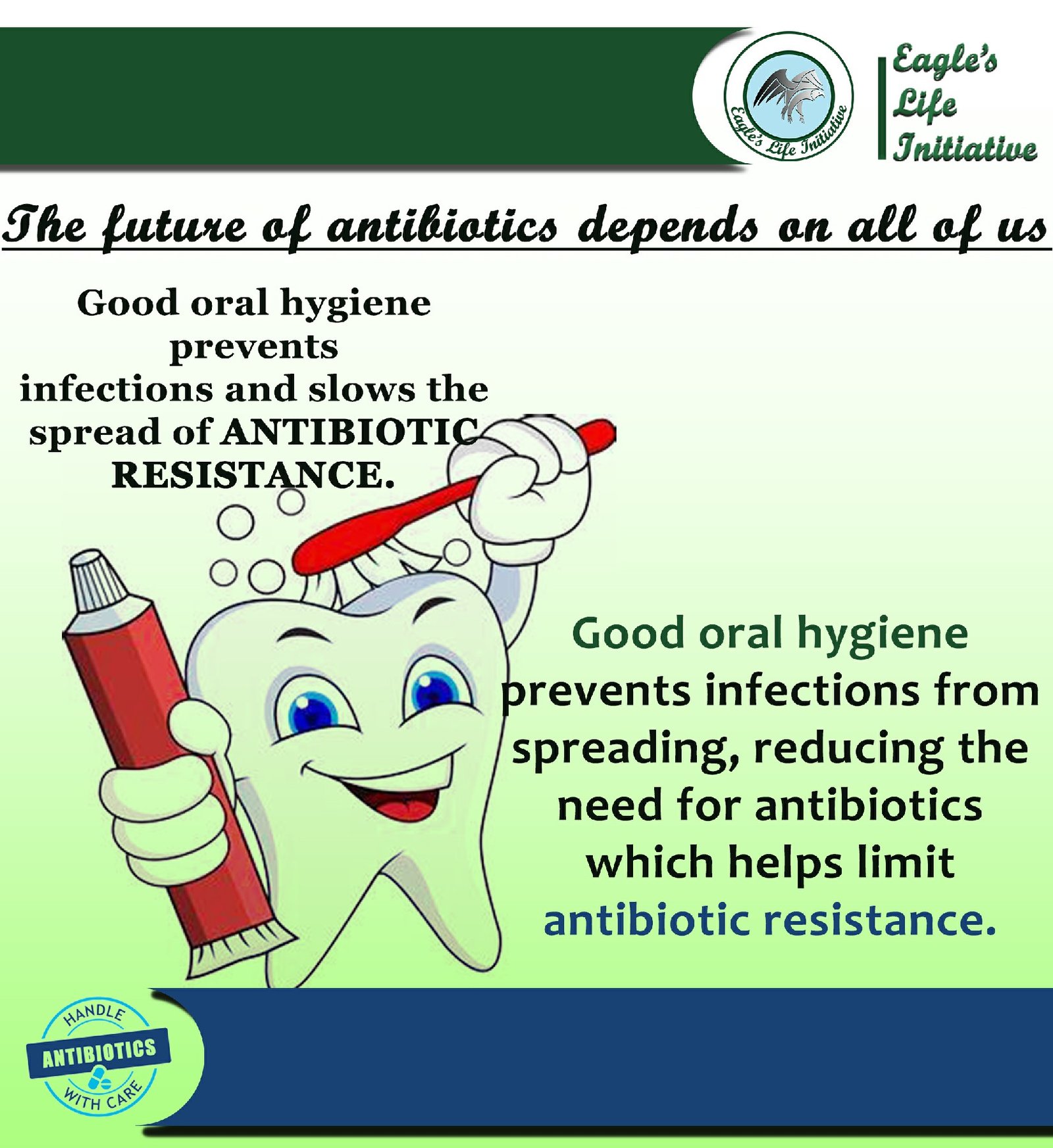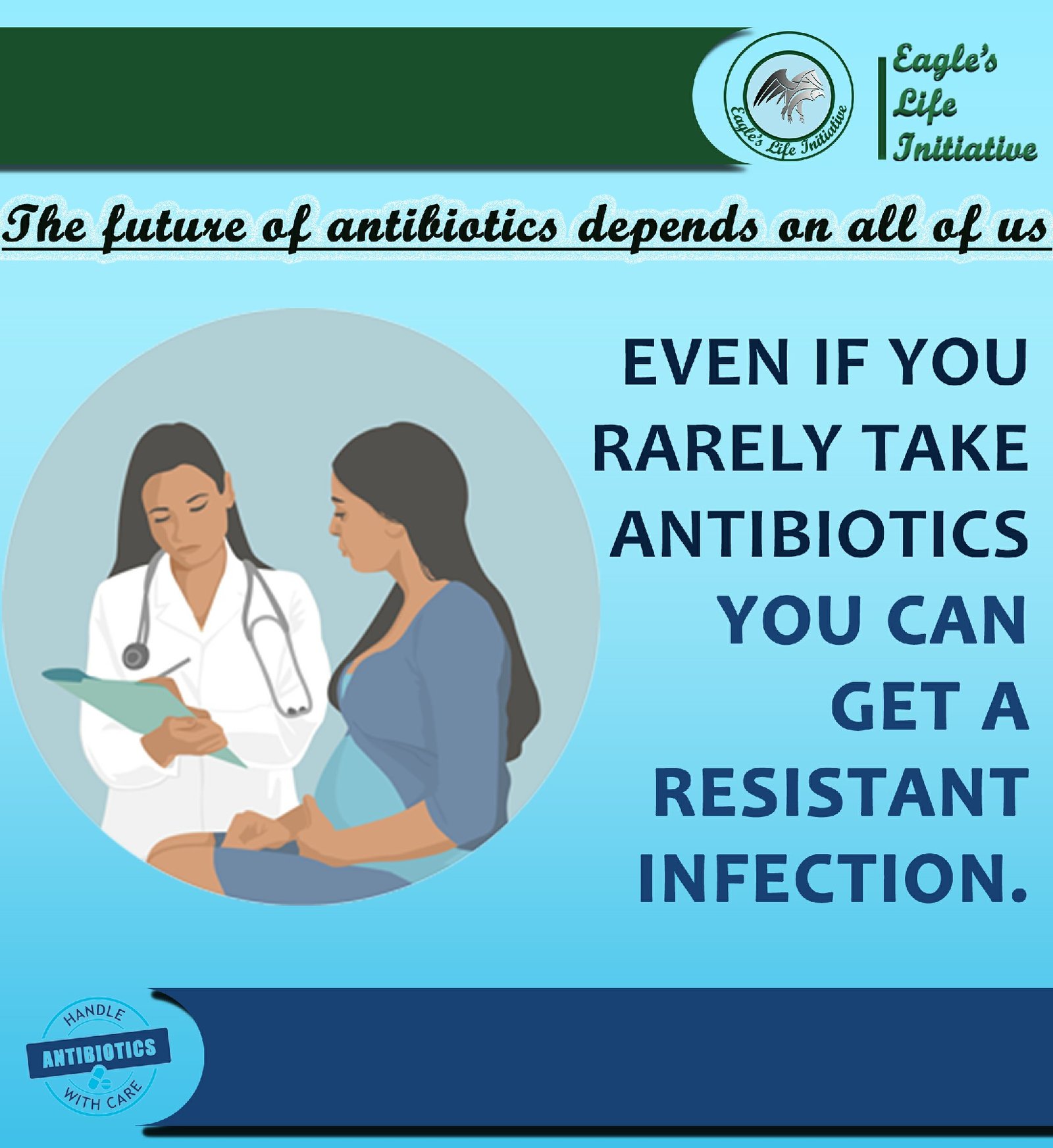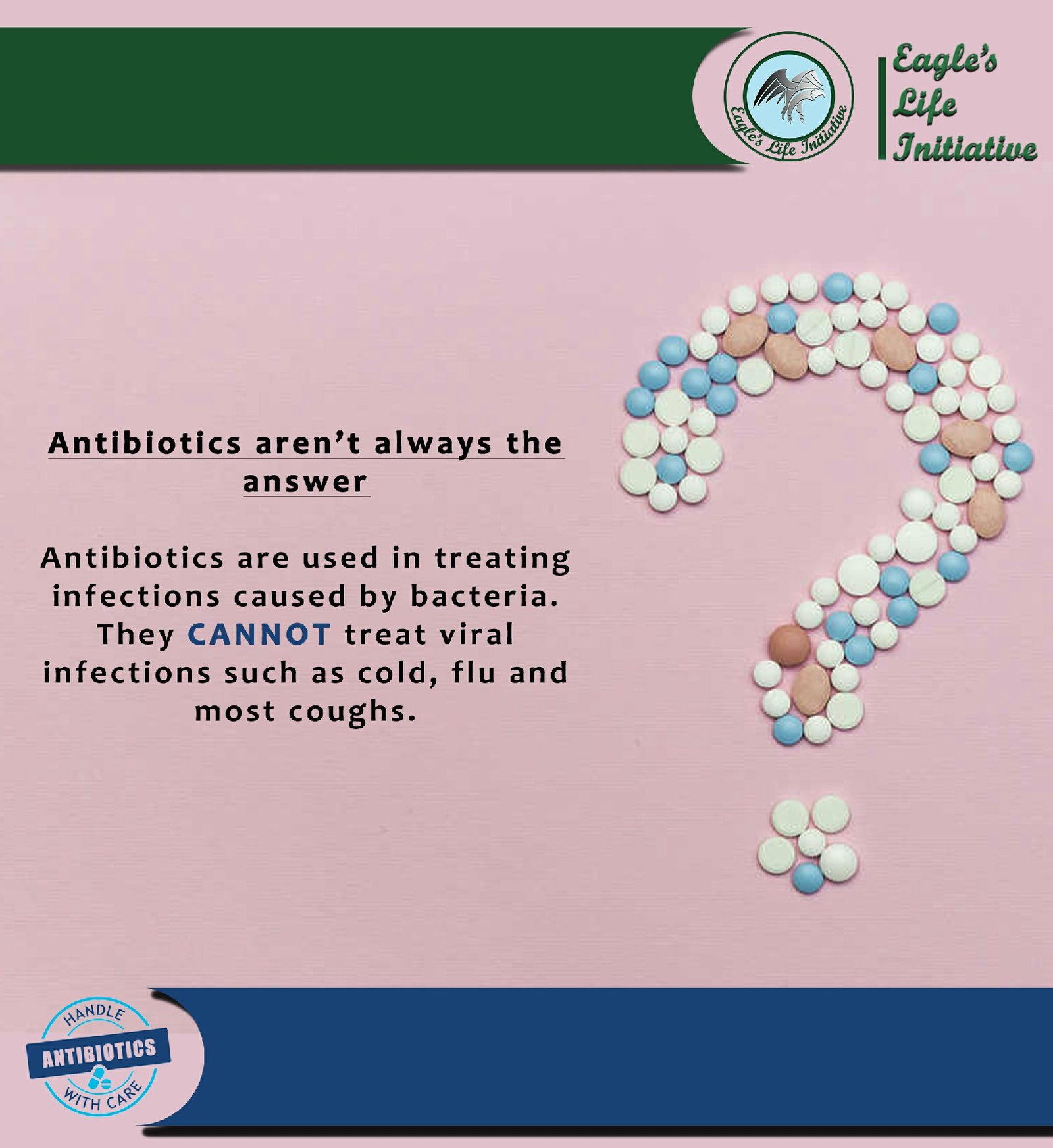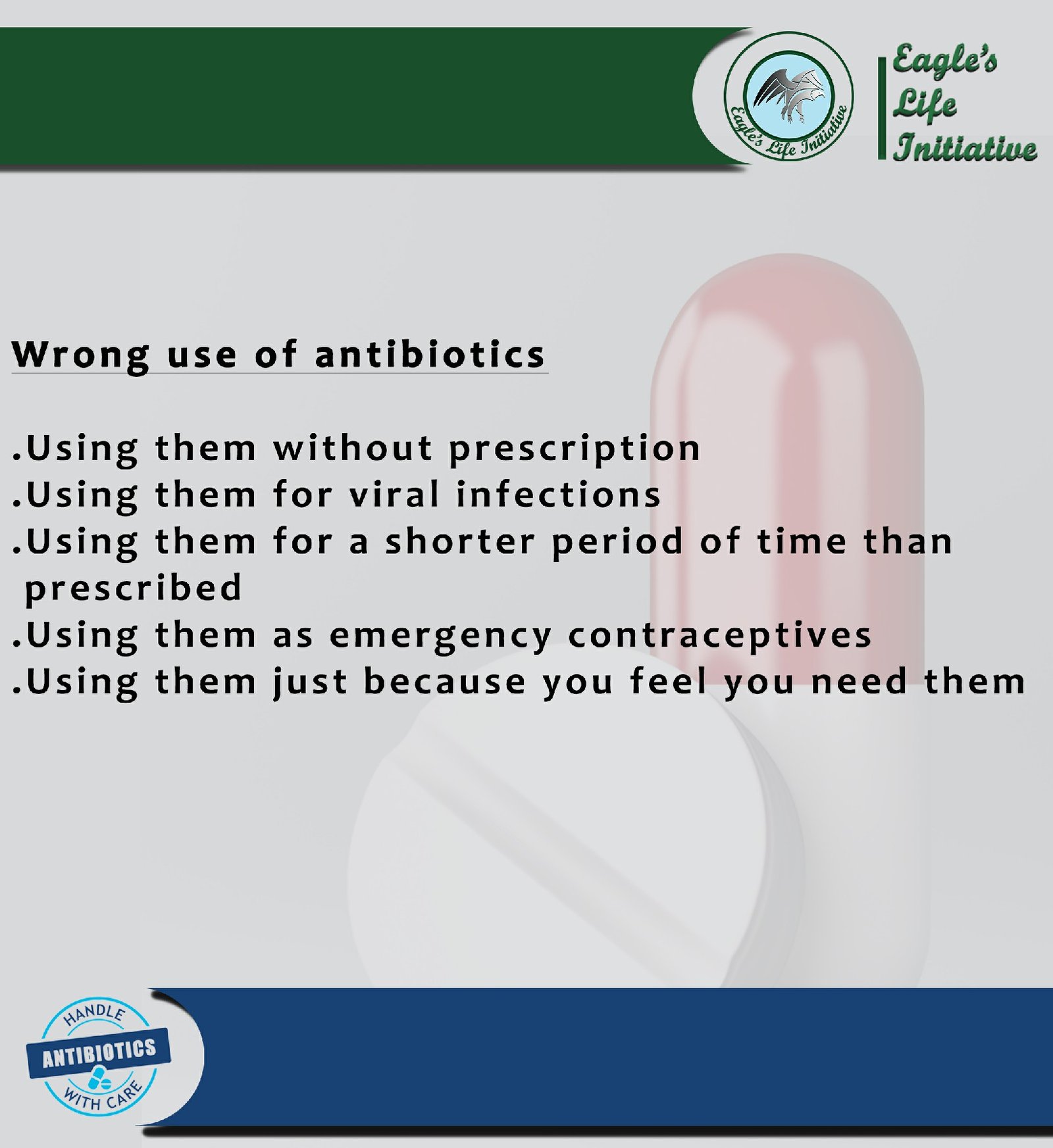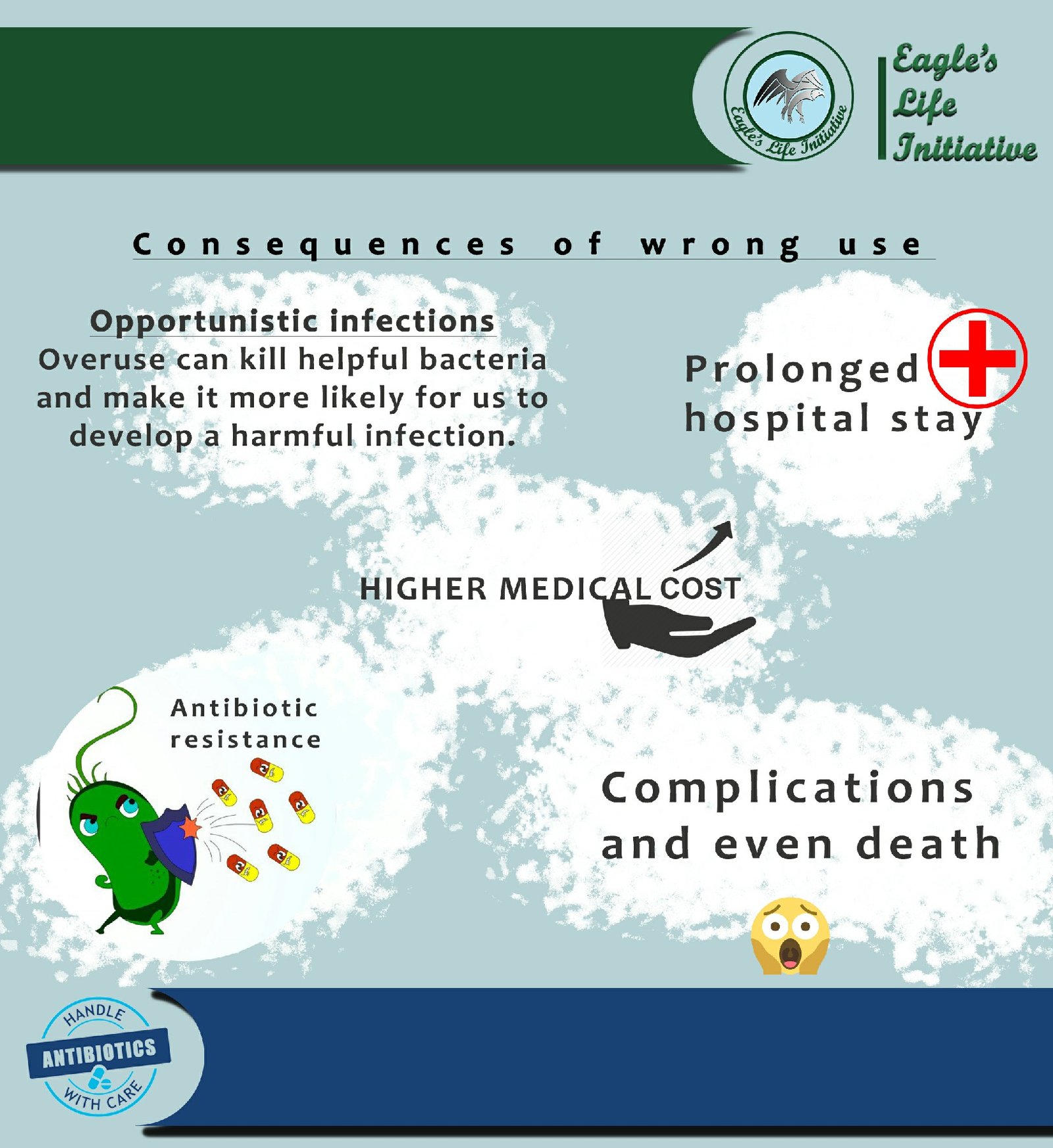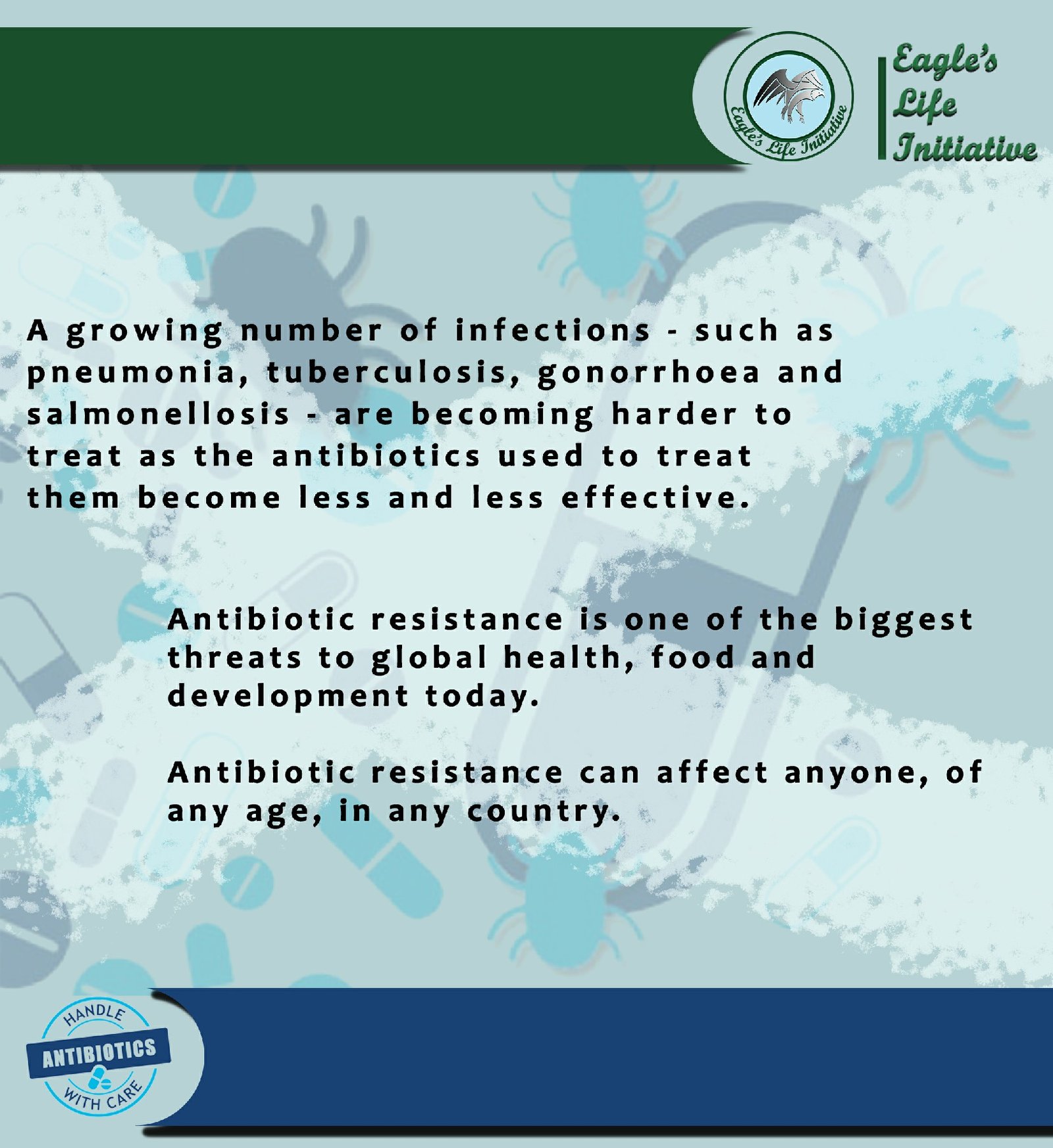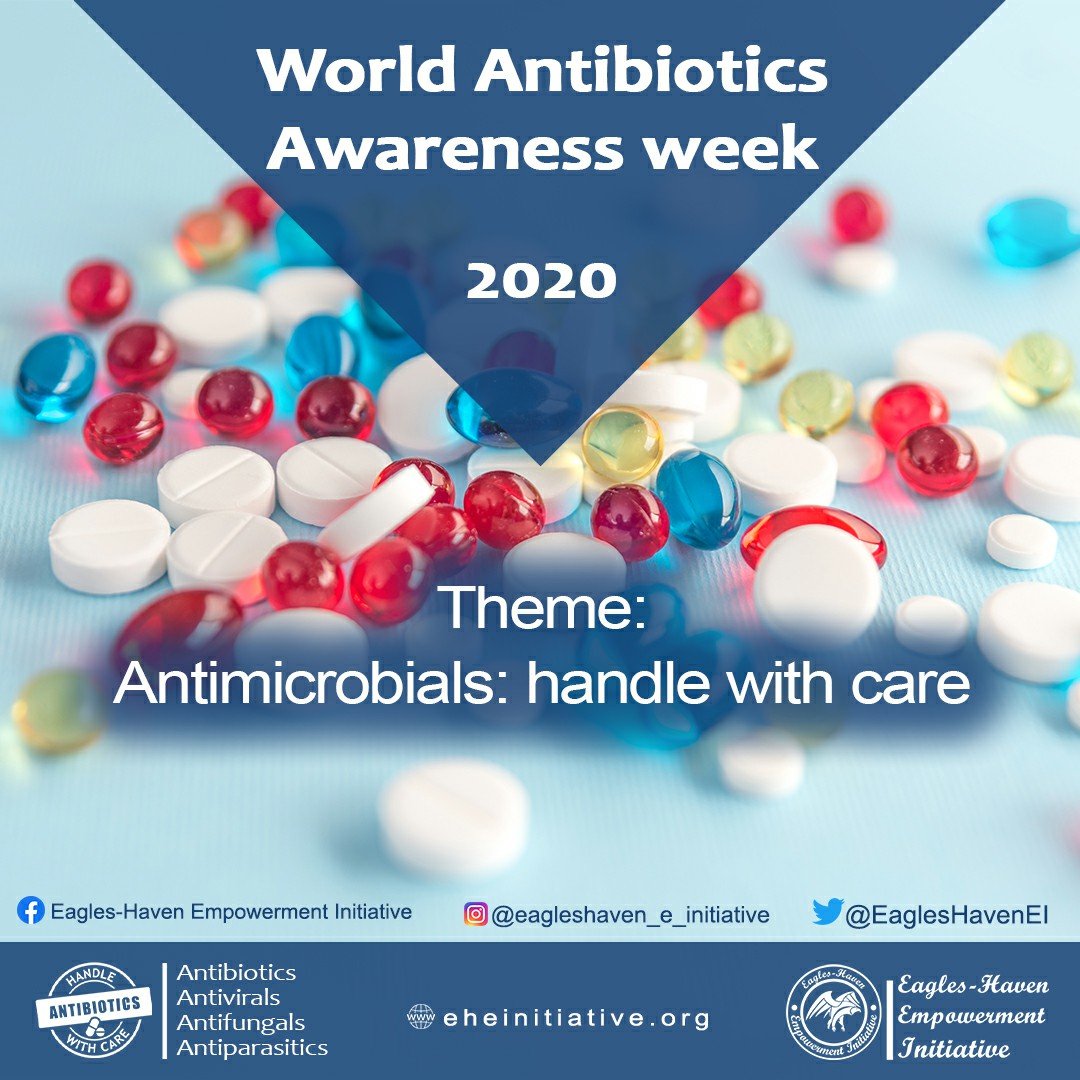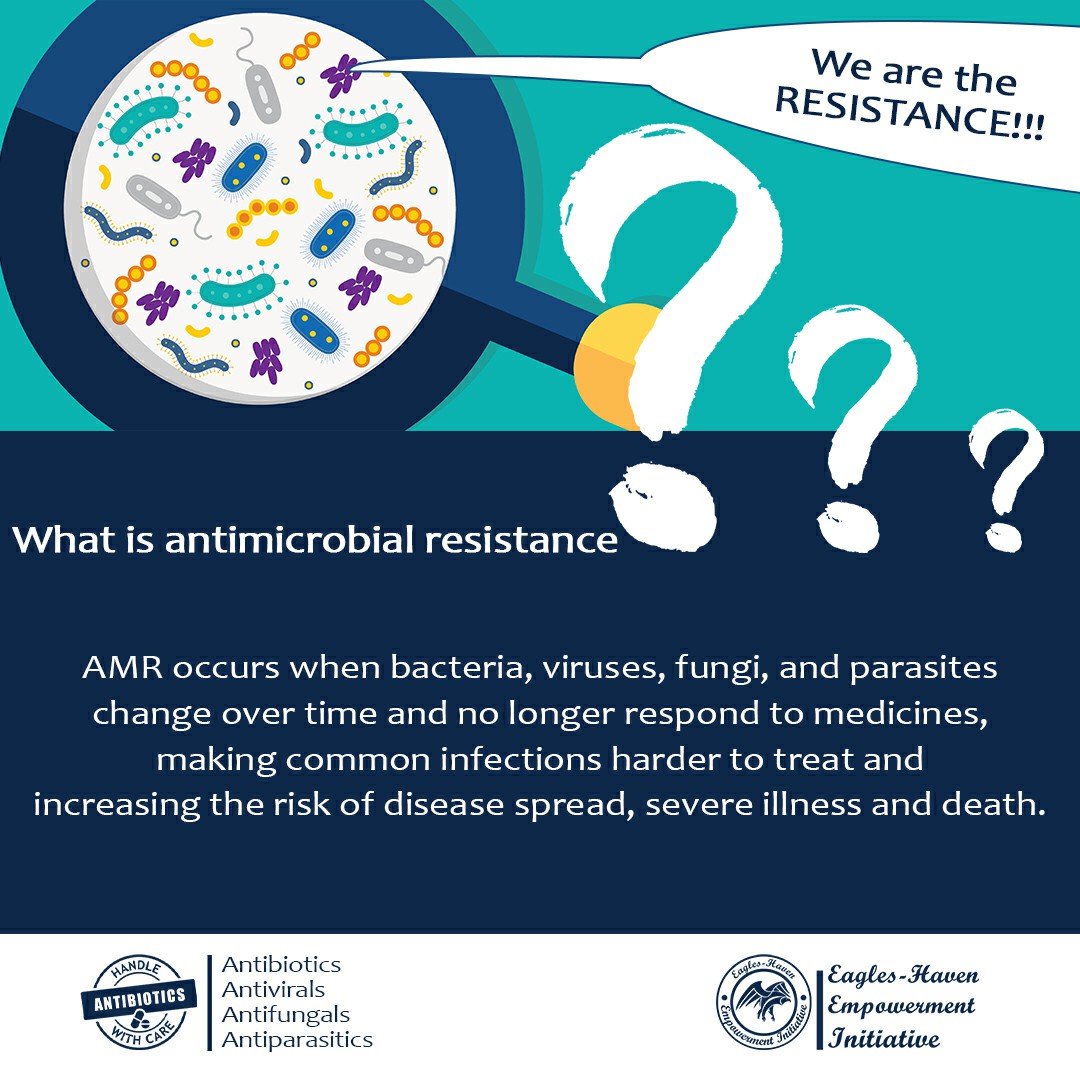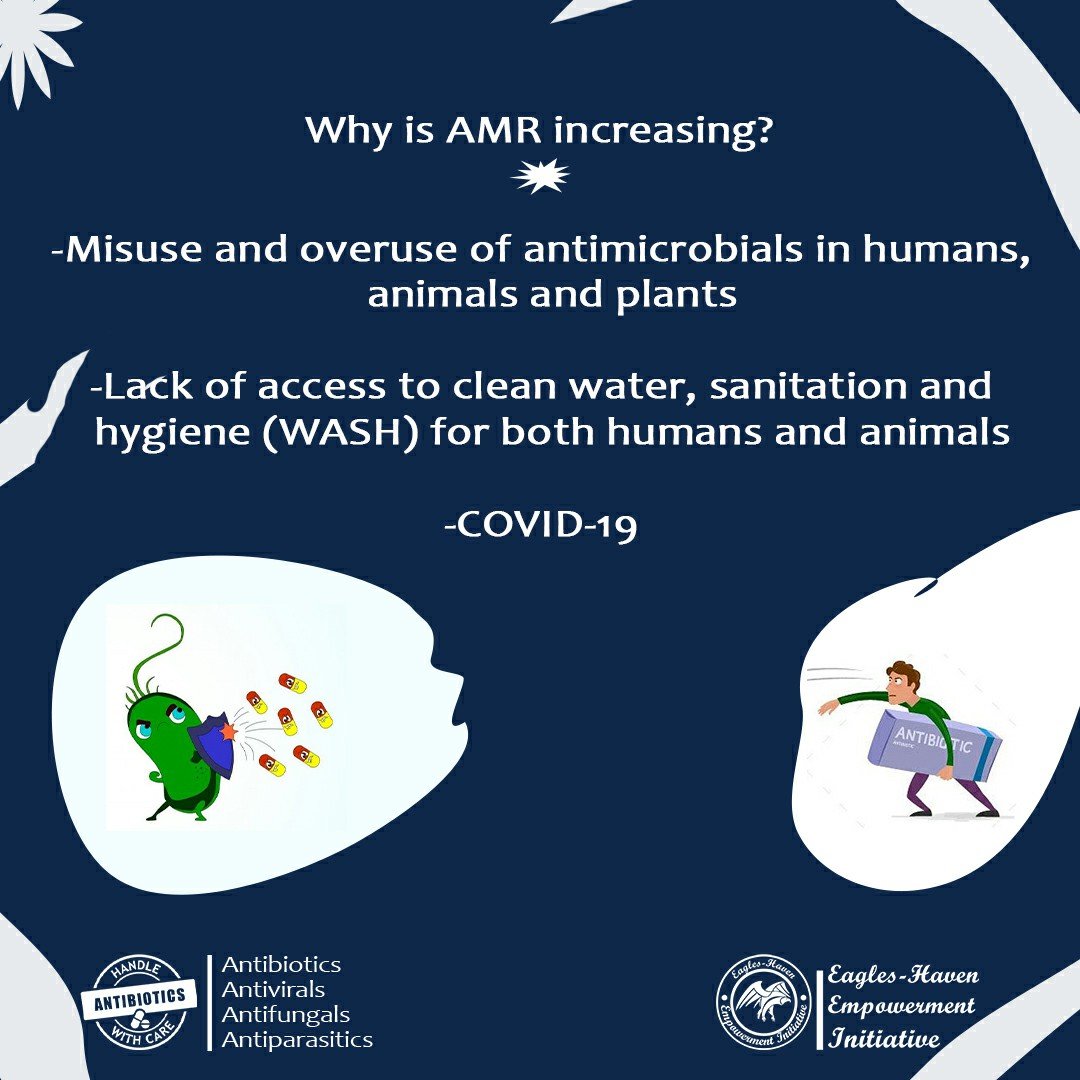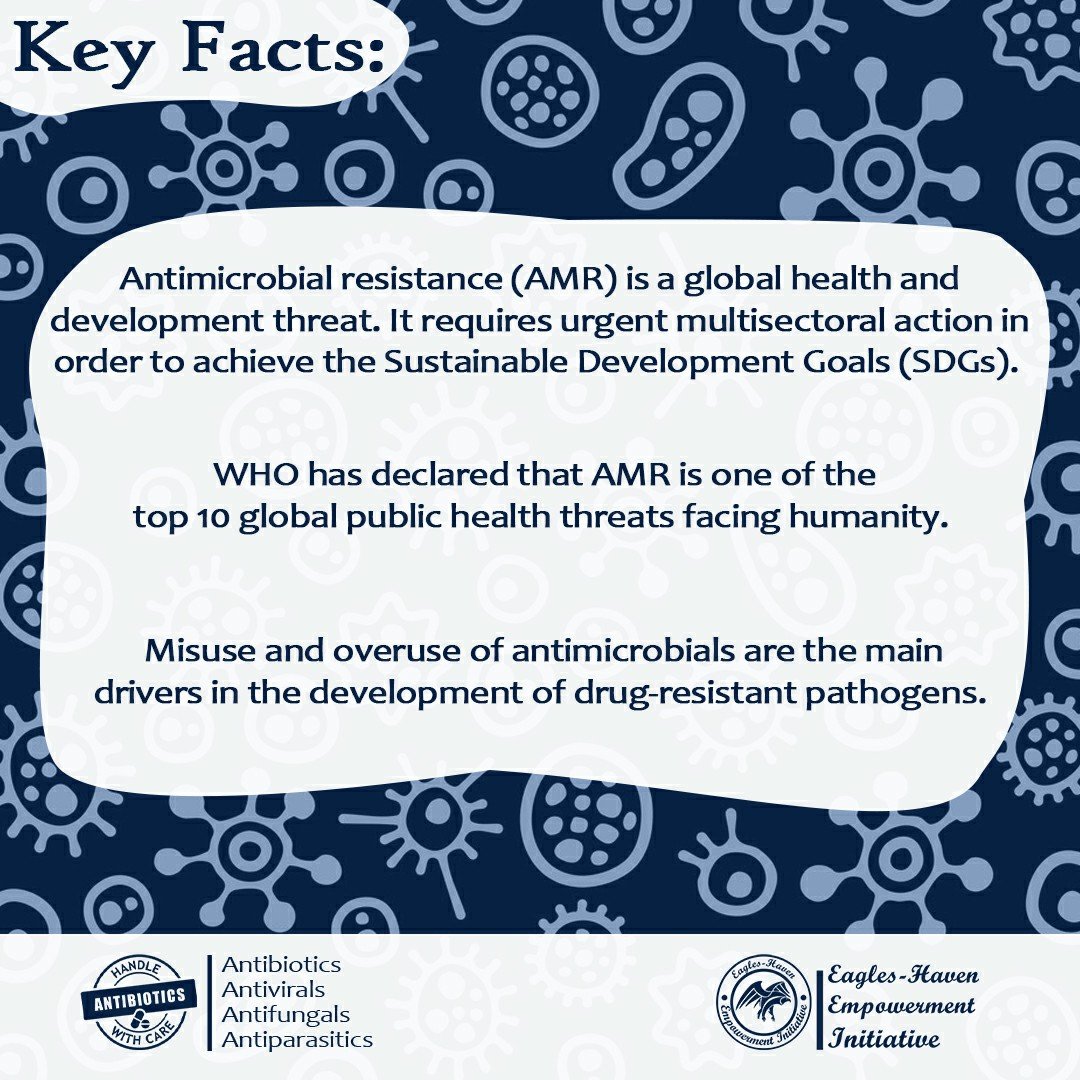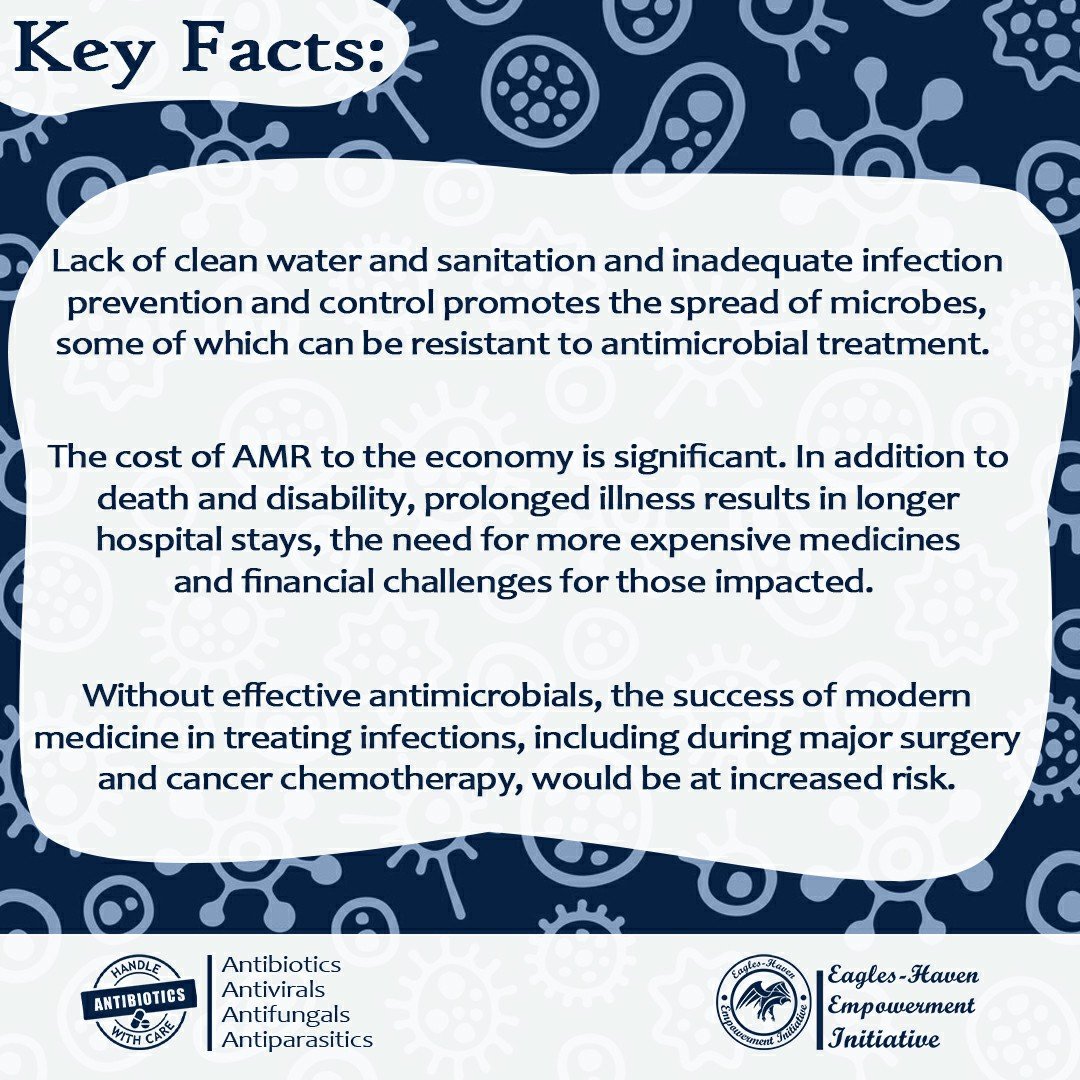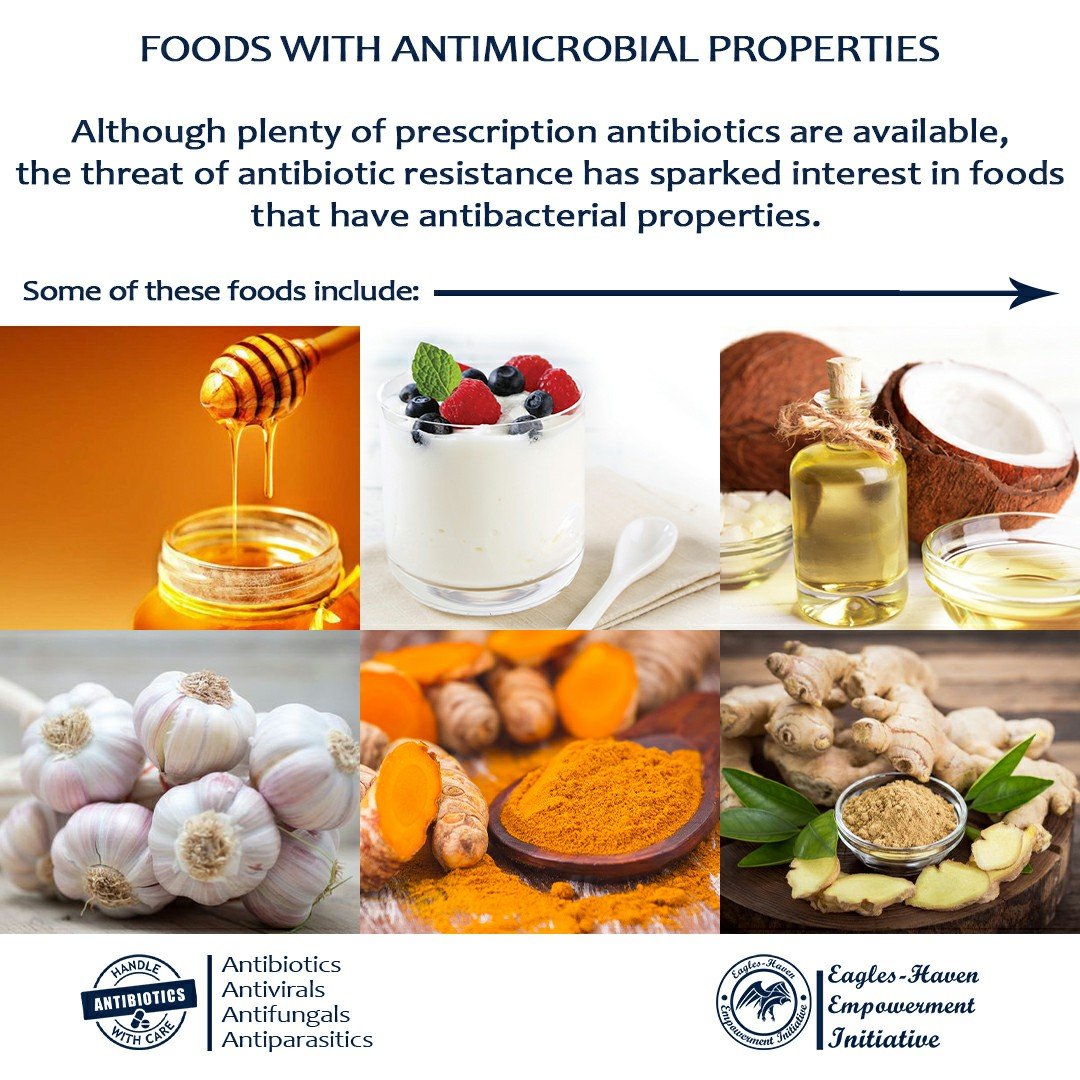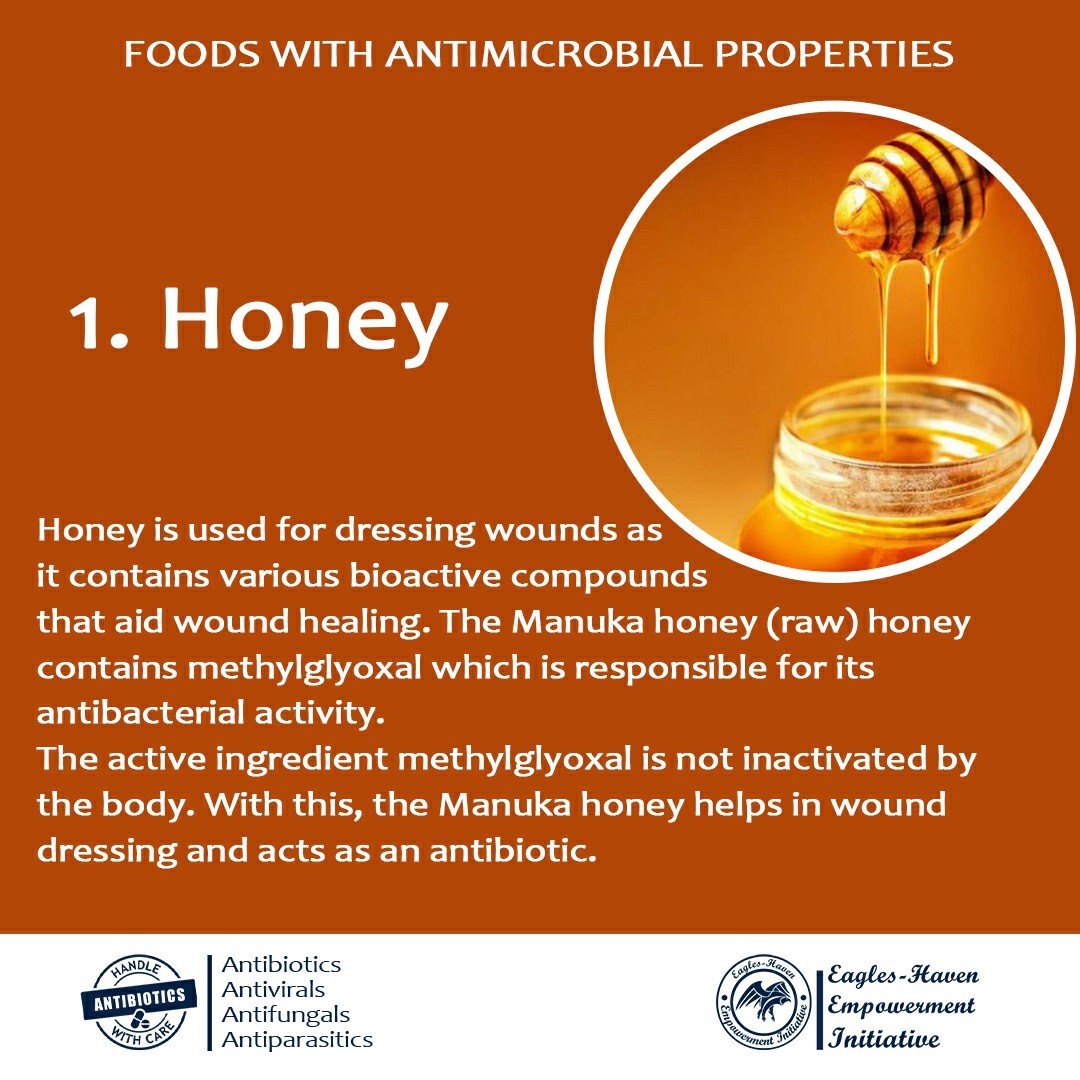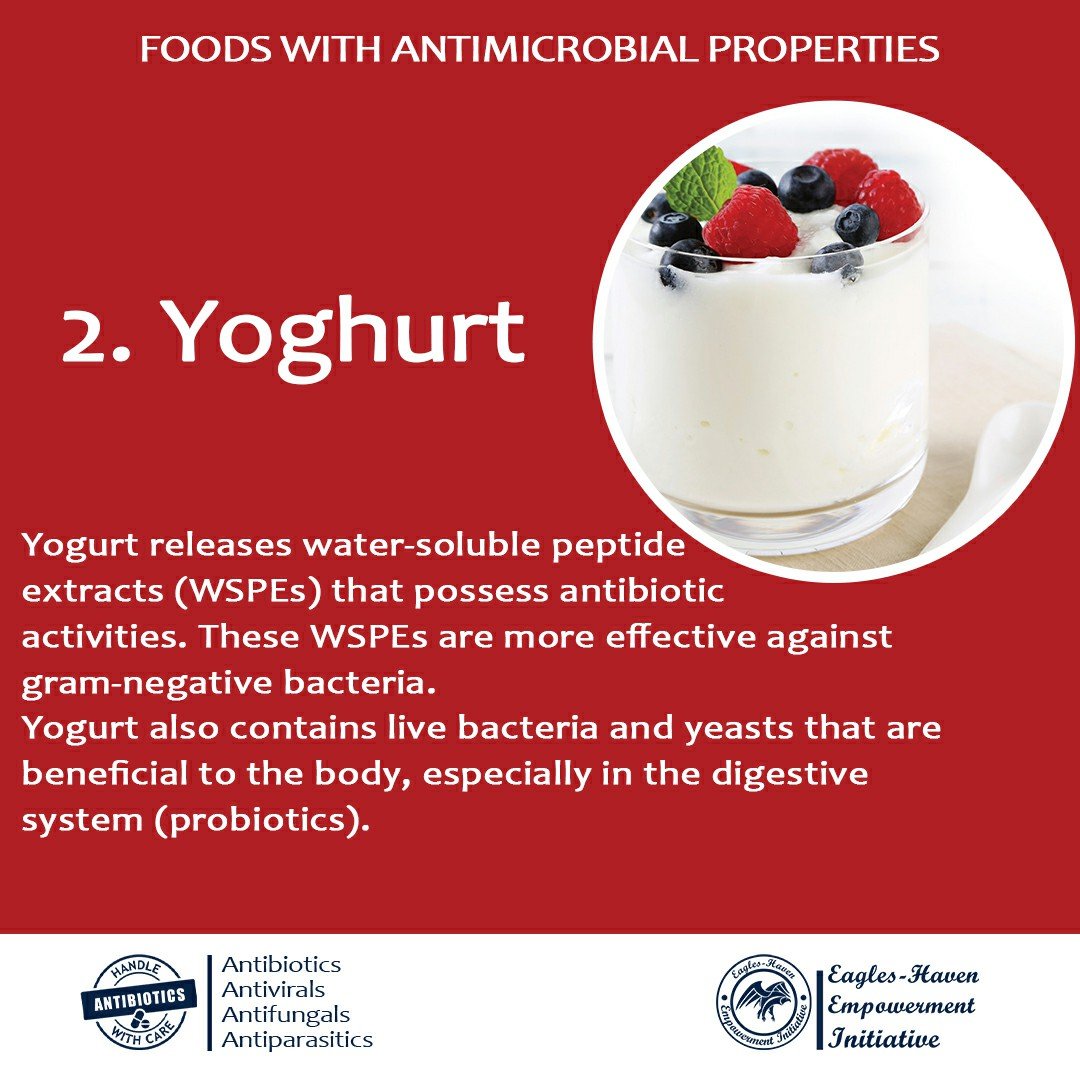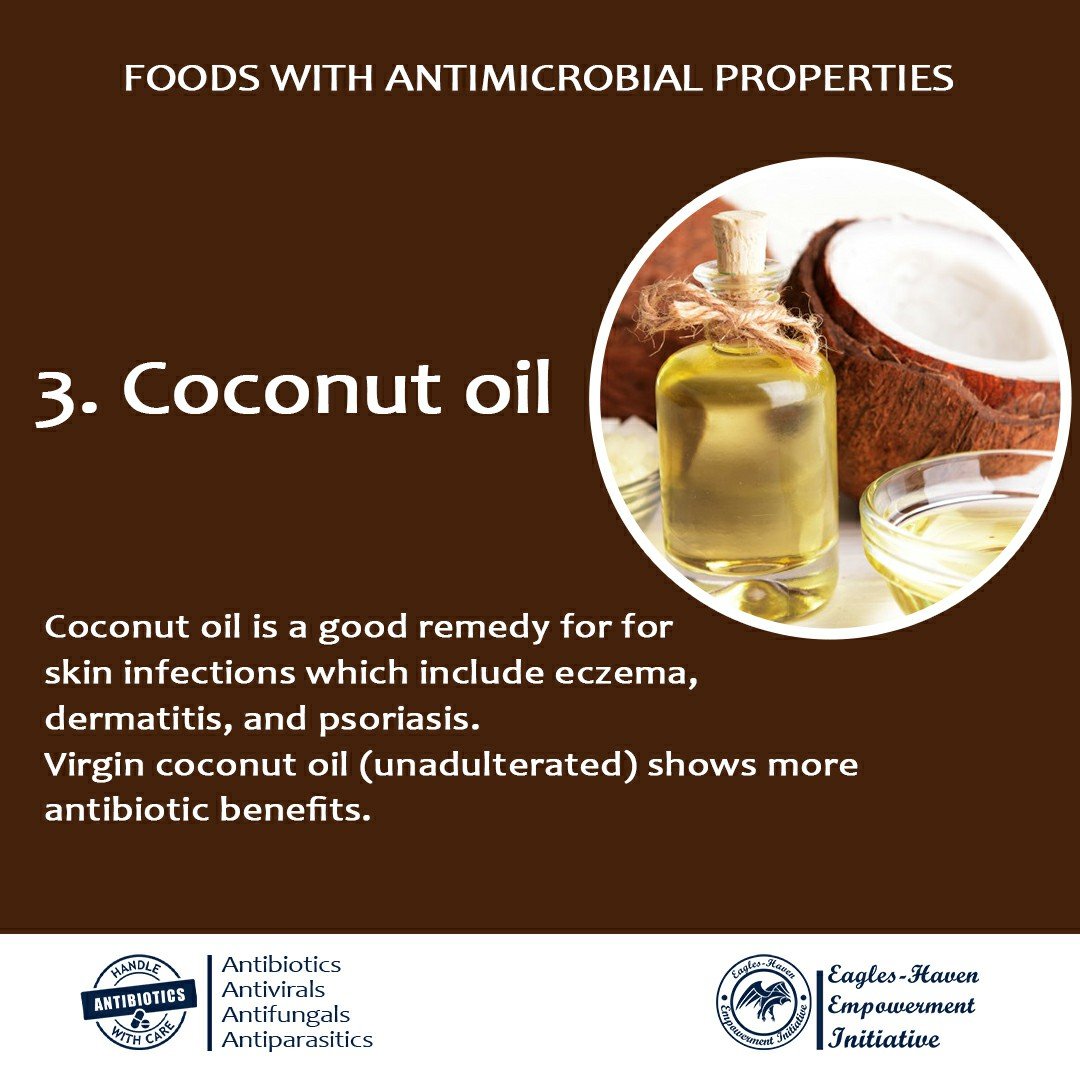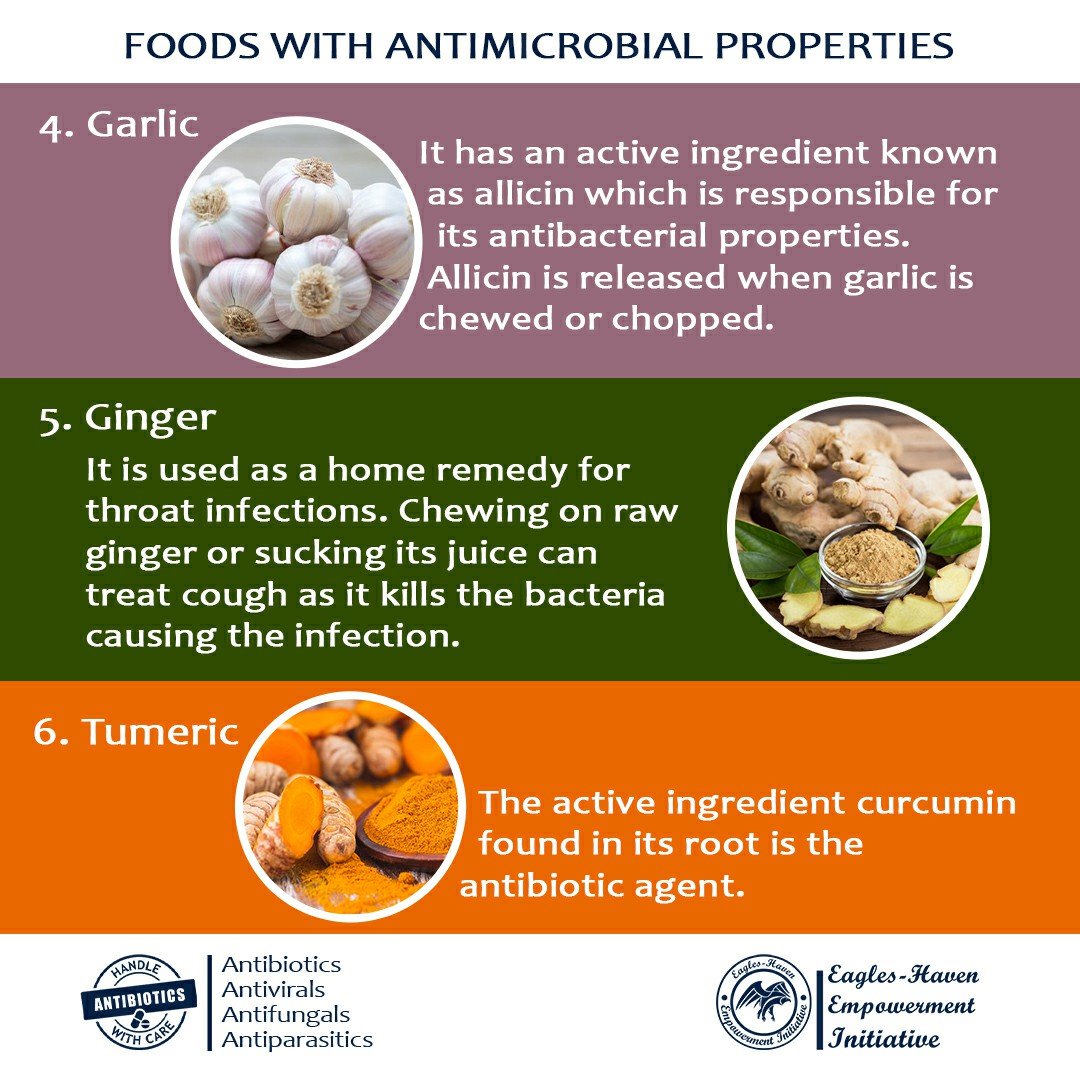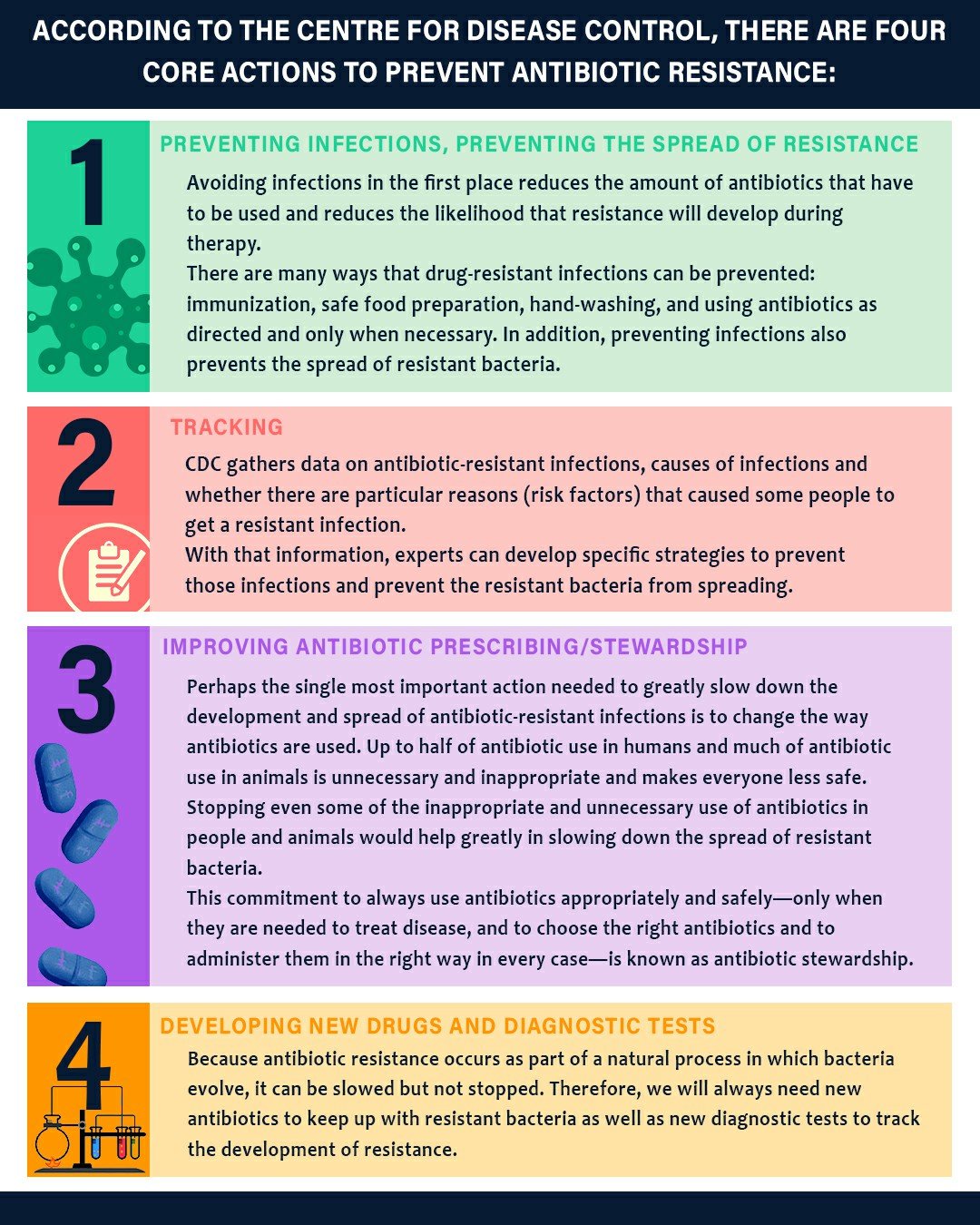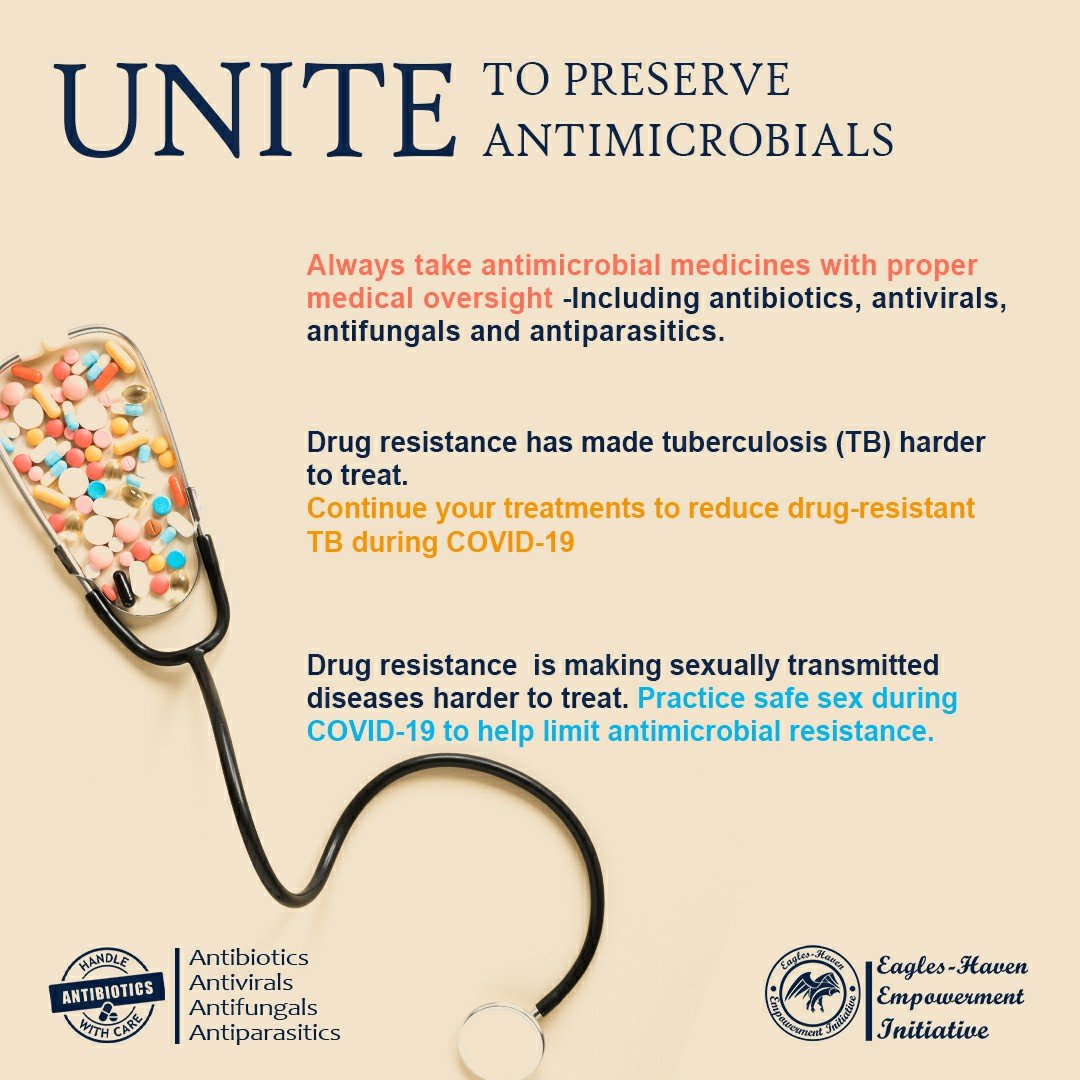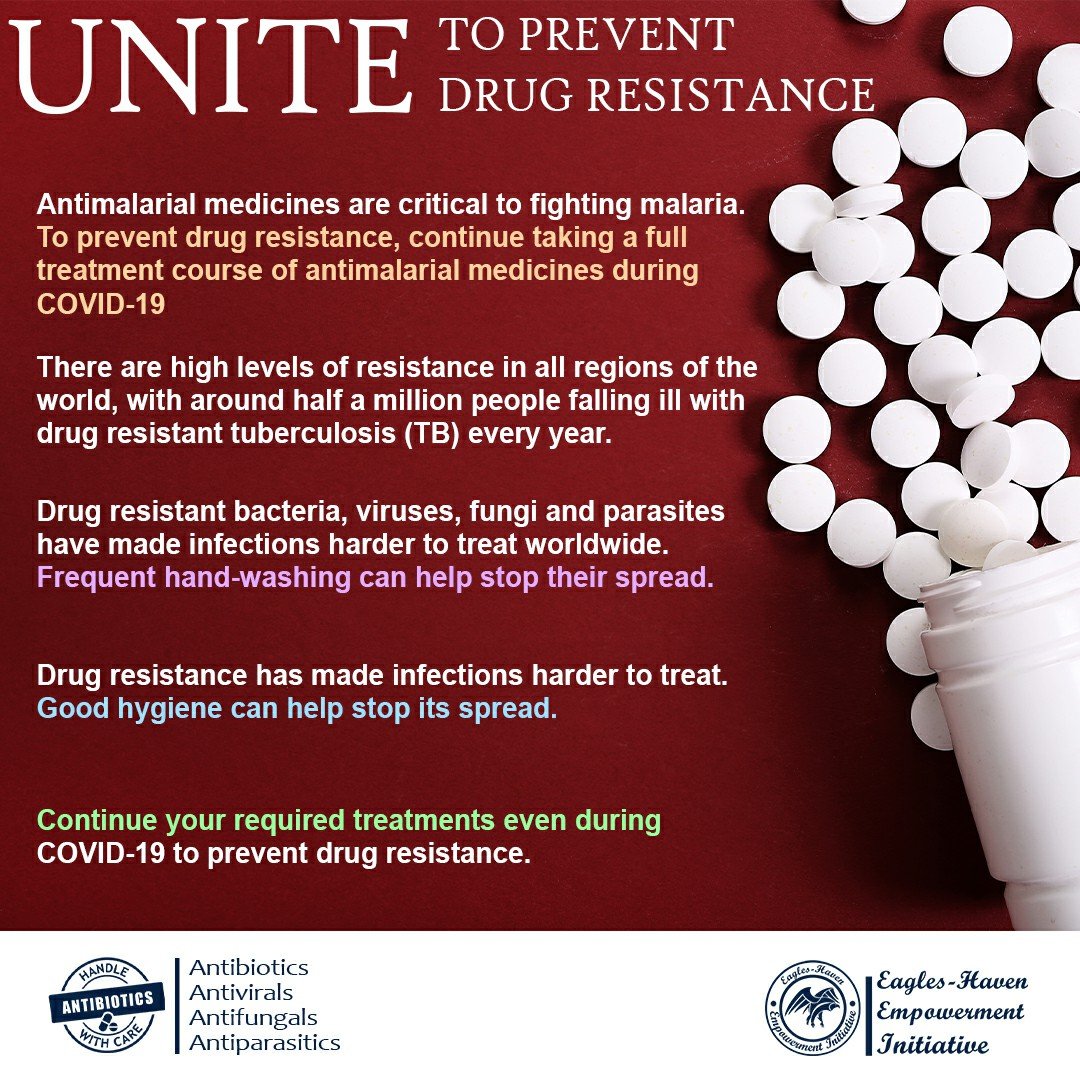World Antibiotic Awareness Week
Antibiotics are substances that kill or inhibit the growth and replication of bacteria.
Antibiotic resistance is a situation where a bacterium which was previously susceptible to an antibiotic is no longer affected by it.
World Antibiotic Awareness Week aims to increase awareness of global antibiotic resistance and to encourage best practices among the general public, health workers and policy makers to avoid the further emergence and spread of antibiotic resistance.
A global action plan to tackle the growing problem of resistance to antibiotics and other antimicrobial medicines was endorsed at the Sixty-eighth World Health Assembly in May 2015. One of the key objectives of the plan is to improve awareness and understanding of antimicrobial resistance through effective communication, education and training.
It is important to note that Antibiotics aren't always the answer. They are used in treating infections caused by bacteria but they cannot treat viral infections, such as cold, flu, and most coughs.
Antibiotic resistance is one of the biggest threats to global health, food security, and development today. It can affect anyone, of any age, in any country.
Antibiotic resistance occurs naturally, but misuse of antibiotics in humans and animals is accelerating the process.
A growing number of infections – such as pneumonia, tuberculosis, gonorrhoea, and salmonellosis – are becoming harder to treat as the antibiotics used to treat them become less effective.
Consequences of antibiotic misuse:
• Antibiotic resistance- which leads to longer hospital stays, higher medical costs and increased mortality.
• Opportunistic infections- overuse can kill helpful bacteria and make it more likely for us to develop a harmful infection.
• Complications and even death
-World Health Organisation
